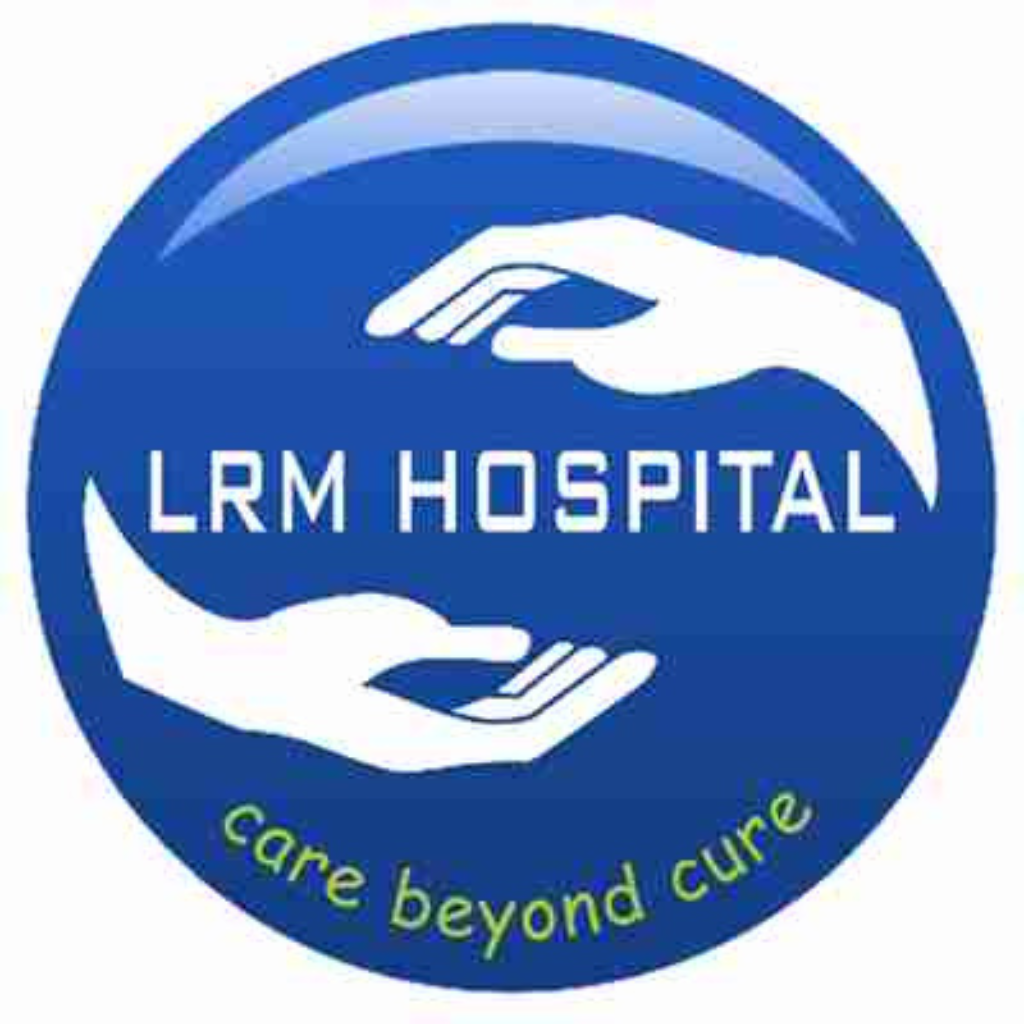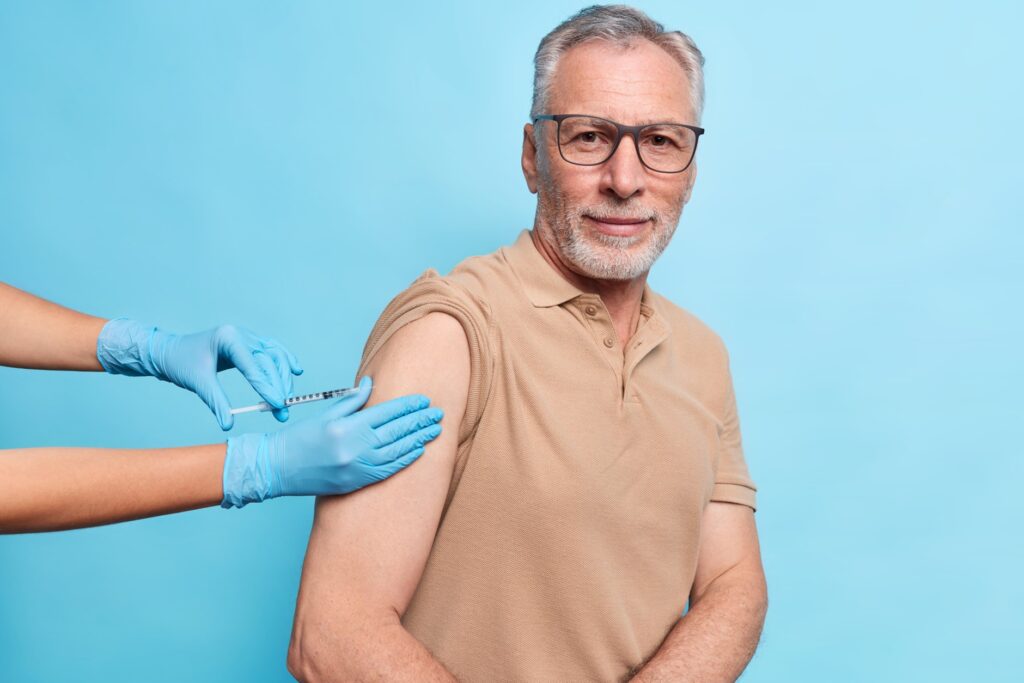Introduction: Why Are Adult Vaccinations Important?
Many people think vaccines are just for kids. However, adult vaccinations are just as important. Vaccines help protect adults from serious diseases. In fact, some illnesses are more dangerous as we get older. Because of this, staying up to date with adult vaccinations can keep you healthy and safe. Vaccines also help protect those around you, including family and friends.
Common Adult Vaccines
Adults need several vaccines to protect against common diseases. For example, the Centers for Disease Control and Prevention (CDC) recommends these vaccines for most adults:Influenza (Flu): Get this shot every year to prevent the flu.Tetanus, Diphtheria, and Pertussis (Tdap): Get a booster every 10 years.Shingles (Herpes Zoster): Adults over 50 should get this vaccine.HPV (Human Papillomavirus): Recommended for adults up to age 26, and sometimes older.Pneumococcal: Adults over 65, or those with certain health conditions, need this vaccine.
Additionally, some adults may need vaccines for hepatitis A, hepatitis B, measles, mumps, rubella, or chickenpox. Your doctor can help you decide which vaccines are right for you.
Who Should Get Vaccinated and When?
Almost every adult needs vaccines. However, the type and timing depend on your age, health, and lifestyle. For instance, adults with chronic illnesses or weakened immune systems may need extra protection. Pregnant women also need certain vaccines to protect themselves and their babies. If you travel often, you might need special vaccines for your destination. Therefore, it is important to talk with your healthcare provider about your vaccine schedule. They can review your medical history and suggest the best plan for you.
Symptoms and Risks of Vaccine-Preventable Diseases
Many diseases prevented by vaccines can cause serious problems. For example, the flu can lead to pneumonia or hospitalization. Tetanus can cause painful muscle spasms and even death. Shingles can result in long-lasting nerve pain. Pneumococcal disease may cause lung infections, blood infections, or meningitis. HPV can lead to several types of cancer. Because these diseases are dangerous, staying protected with adult vaccines is very important. Even healthy adults can get sick, so prevention is key.
How Vaccines Work and Their Safety
Vaccines teach your body to fight off germs. They use tiny, safe parts of the virus or bacteria. As a result, your immune system learns to recognize and attack the real disease if you are exposed later. Most vaccines have mild side effects, like a sore arm or mild fever. Serious reactions are very rare. In fact, vaccines are tested for safety before they are approved. Health experts, including the World Health Organization (WHO), agree that vaccines are safe and effective for adults.
Myths and Facts About Adult Vaccinations
There are many myths about adult vaccines. Let’s look at the facts:Myth: Vaccines are only for children.Fact: Adults need vaccines too, as immunity can fade over time.Myth: Vaccines cause serious side effects.Fact: Most side effects are mild and go away quickly.Myth: Healthy adults do not need vaccines.Fact: Even healthy people can get sick and spread diseases.Myth: Vaccines are not needed if you had the disease before.Fact: Some diseases can come back, so vaccines help boost your protection.
Because of these facts, it is wise to trust expert advice and keep your vaccines up to date.
How to Prepare for Vaccination Appointments
Getting ready for your vaccine visit is simple. First, bring your vaccine records if you have them. Next, wear short sleeves or loose clothing for easy access to your arm. Tell your doctor about any allergies or past reactions to vaccines. If you feel sick, let your provider know before your shot. After your vaccine, stay for a few minutes in case you have a reaction. Most people feel fine and can return to normal activities right away.
Prevention Tips and Healthy Lifestyle Guidance
Vaccines are a big part of staying healthy, but there is more you can do. For example, wash your hands often to stop the spread of germs. Eat a balanced diet and get regular exercise to keep your immune system strong. Avoid smoking and limit alcohol, as these can weaken your body’s defenses. If you travel or live in a crowded area, ask your doctor about extra vaccines you may need. By combining vaccines with healthy habits, you can lower your risk of illness even more.
Conclusion: Take Charge of Your Health
In summary, adult vaccinations protect you and those around you from serious diseases. Because your needs may change as you age, it is important to review your vaccine schedule with a healthcare provider. Do not wait until you get sick. Instead, take action now to stay healthy. For personalized advice, consult us at LRM Hospital today.

